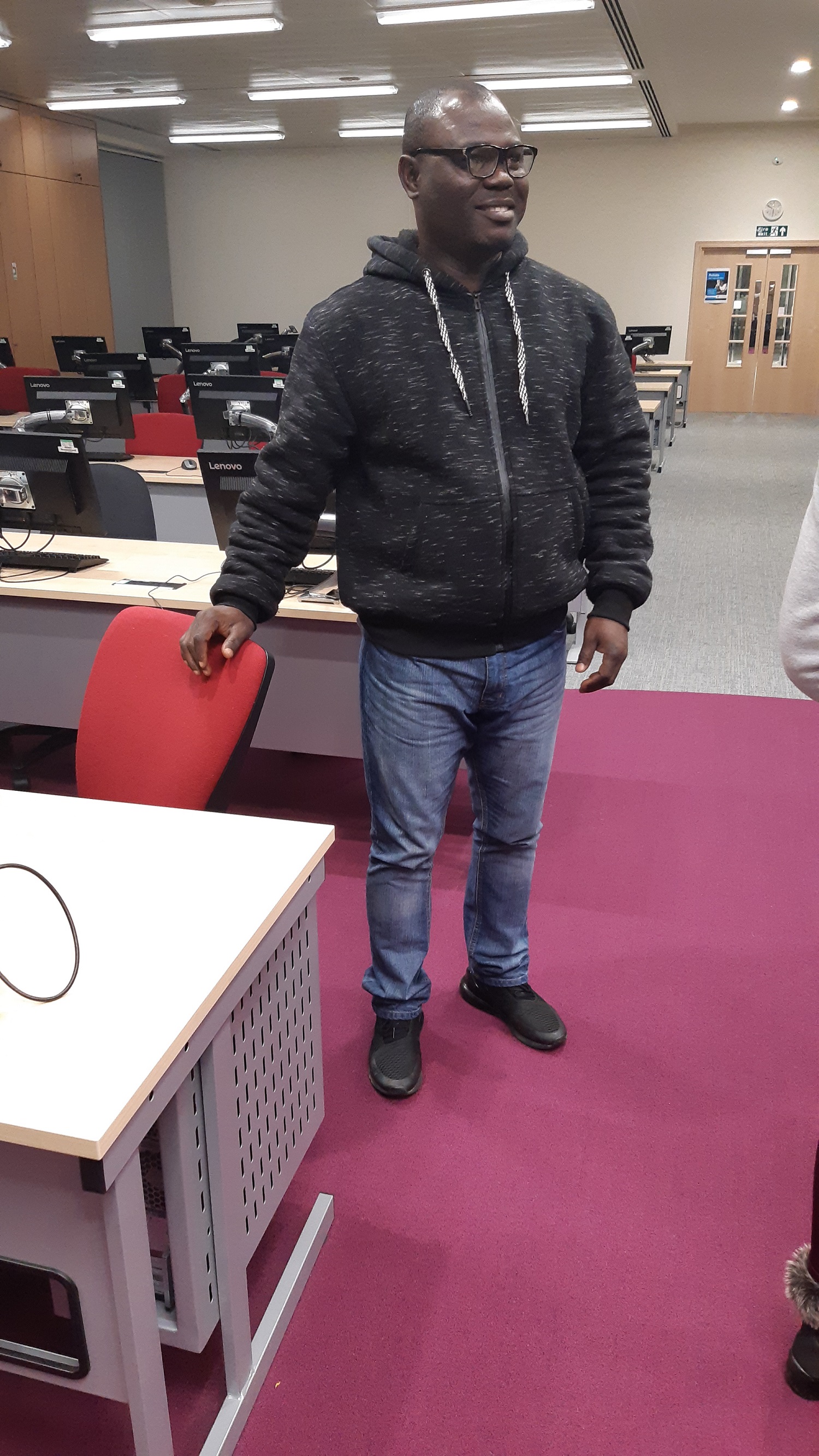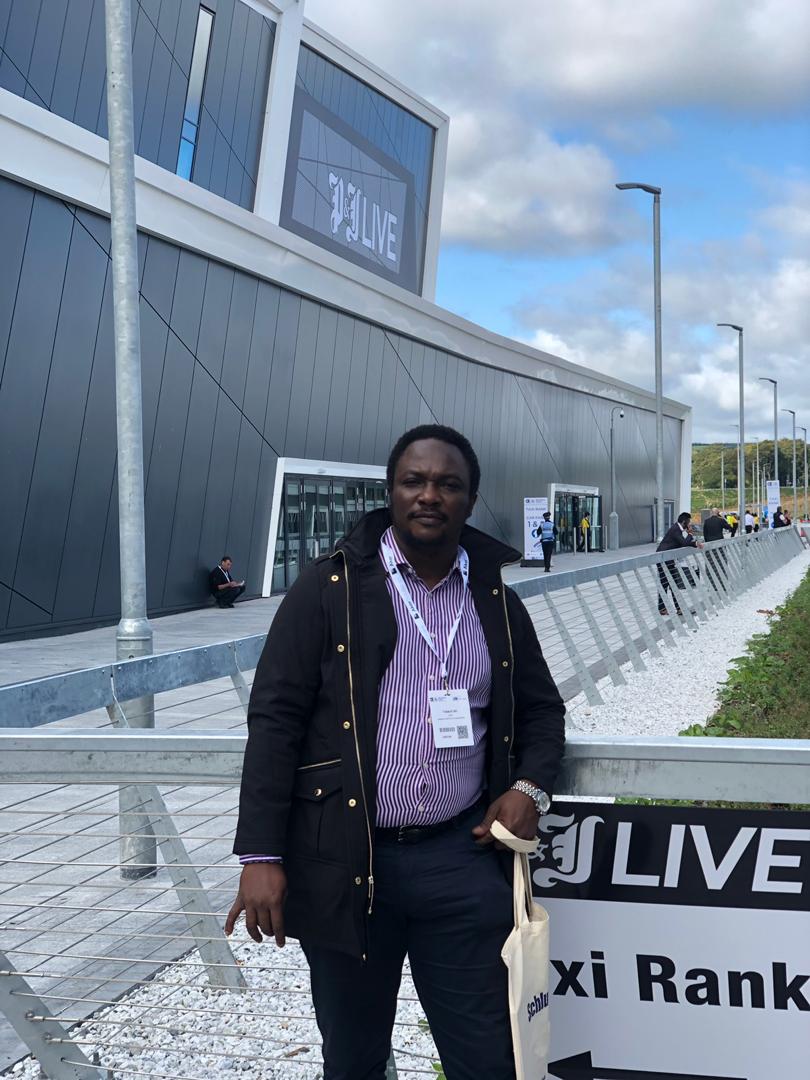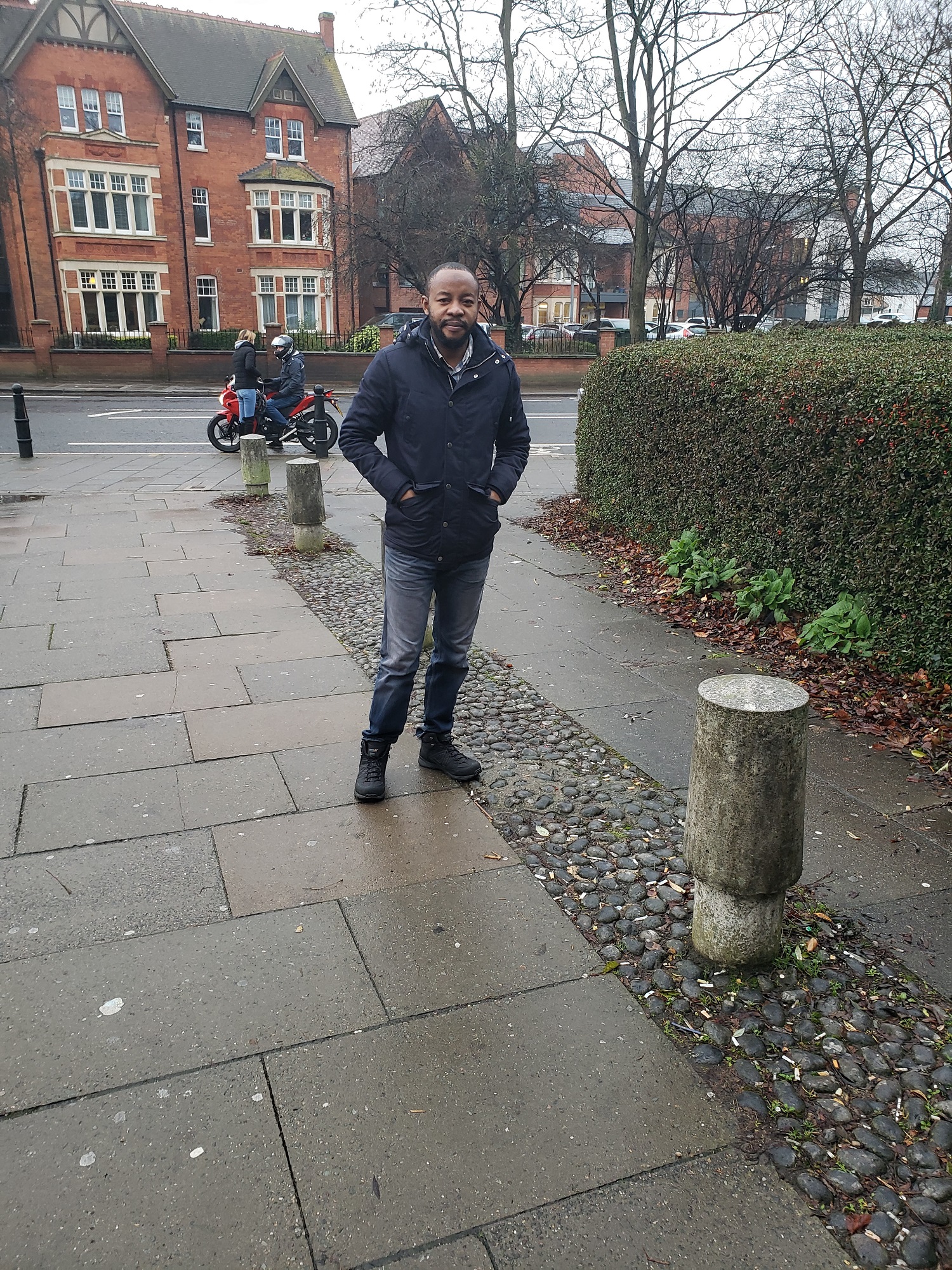Our Cranfield experience so far…
14/01/2020

Monica Rivas Casado, Environment Programme Director, recently invited all of the current Environment MSc students to talk about our first impressions of studying at Cranfield and provide feedback to help improve course activities in the future.
Monica held a doughnut session, with a cup of tea (!), where we were encouraged to discuss the modules we have taken part in and develop ideas for the coming year.
The doughnut session gave me the opportunity to let Monica know how much I am enjoying my time at Cranfield!
During my first module, Environmental Risks: Hazard, Assessment and Management, I have engaged in lots of presentations and activities from both lectures and fellow students and am enjoying some of the real case scenarios set by the tutors.
The course has given me a very practical way of learning but also mirrors the workload and demands seen in industry so is preparing me for the environment after completing the course.
From day one I felt that coming to Cranfield was the right decision. I have been able to fully concentrate on my work and assignments and the campus accommodation and catering has had a big impact on that. Catering is included in my accommodation package which means I do not need to cook, wash up or do any shopping!

Hello! We are Ehizuelen and Benedict and we are studying Environmental Engineering at Cranfield.
We recently went along to a doughnut session where we got the opportunity to meet our Programme Director, Dr Monica Rivas Casado. We outlined and gave positive feedback regarding our first few weeks on our Environmental Engineering MSc and spoke about how our lectures are really supportive and flexible in terms of being able to organise fieldtrips that fellow students propose at a short notice.
So far on our MSc, we feel the Cranfield courses are structured and their delivery helps us to think like professionals in industry. For example, in our modelling environmental processes module we were tasked with modelling hydrological processes as if we were Environmental Engineers in industry. Learning in this way helped us to prepare for the world of work after Cranfield as we have had the experience to solve real case studies, which replicate what is done in an industrial setting. We also get to take advantage of the many management opportunities that the course offered, in terms of skills that we can use in our future careers.
Looking to the future we feel our successfulness of the course will come down to a combination of people and teaching methods that are offered at Cranfield!
-

Ehizuelen Franklin Imafidon -

Benedict Buetsen Hoorkwap
As two new Environmental Engineering MSc students at Cranfield University, we were invited along to a tea and doughnut session with Dr Monica Rivas Casado, Environment Programme Director. Talking over doughnuts, we were encouraged to discuss and develop any ideas we had about possible activities on the course.
During the session, I outlined I had come to Cranfield University after working in industry. In my previous role I worked as a Recycling Advisor and campaigned for improvements to recycling in Surrey to ensure electricity could be generated. I had selected a project during my undergraduate degree which focused on how to recover nutrients, energy and water from wastewater in Nigeria. As a result of this work I realised there was more development needed and looked for a course that could further progress my skills in this field. The Environmental Engineering MSc was a perfect course due to the range of different modules and facilities available at Cranfield University.
We have both also just completed a module on circular economy with Professor Frederic Coulon. This module provides you with a specialist understanding of the major processes used for municipal waste management and their role within an integrated – circular – waste management system. In particular, the module focuses on the bottom three points of the waste hierarchy: recycle, recover and dispose of. We both found this module to be really interactive, motivating, inspiring and very loud!
We also learnt how to treat waste as well as enjoying a field trip to a recycling separation plant in Luton.
Whilst studying here at Cranfield, we are both looking forward to the possibility of being able to organise some research on board the Facility for Airborne Atmospheric Measurements (FAAM) plane and potentially go for a flight to see how it collects information.
FAAM is a world-class research facility dedicated to the advancement of atmospheric science.
-

Tobechi Michael Nri -

Abdulhamid Adamu
Categories & Tags:
Leave a comment on this post:
You might also like…
Keren Tuv: My Cranfield experience studying Renewable Energy
Hello, my name is Keren, I am from London, UK, and I am studying Renewable Energy MSc. My journey to discovering Cranfield University began when I first decided to return to academia to pursue ...
3D Metal Manufacturing in space: A look into the future
David Rico Sierra, Research Fellow in Additive Manufacturing, was recently involved in an exciting project to manufacture parts using 3D printers in space. Here he reflects on his time working with Airbus in Toulouse… ...
A Legacy of Courage: From India to Britain, Three Generations Find Their Home
My story begins with my grandfather, who plucked up the courage to travel aboard at the age of 22 and start a new life in the UK. I don’t think he would have thought that ...
Cranfield to JLR: mastering mechatronics for a dream career
My name is Jerin Tom, and in 2023 I graduated from Cranfield with an MSc in Automotive Mechatronics. Originally from India, I've always been fascinated by the world of automobiles. Why Cranfield and the ...
Bringing the vision of advanced air mobility closer to reality
Experts at Cranfield University led by Professor Antonios Tsourdos, Head of the Autonomous and Cyber-Physical Systems Centre, are part of the Air Mobility Ecosystem Consortium (AMEC), which aims to demonstrate the commercial and operational ...
Using grey literature in your research: A short guide
As you research and write your thesis, you might come across, or be looking for, ‘grey literature’. This is quite simply material that is either unpublished, or published but not in a commercial form. Types ...






